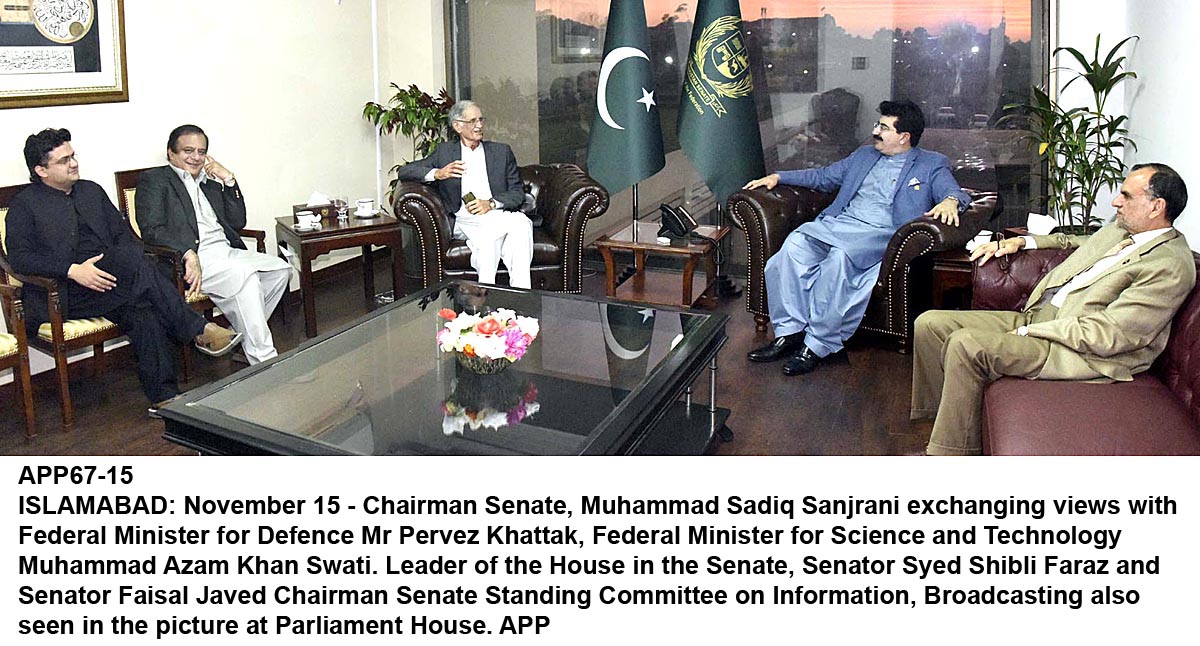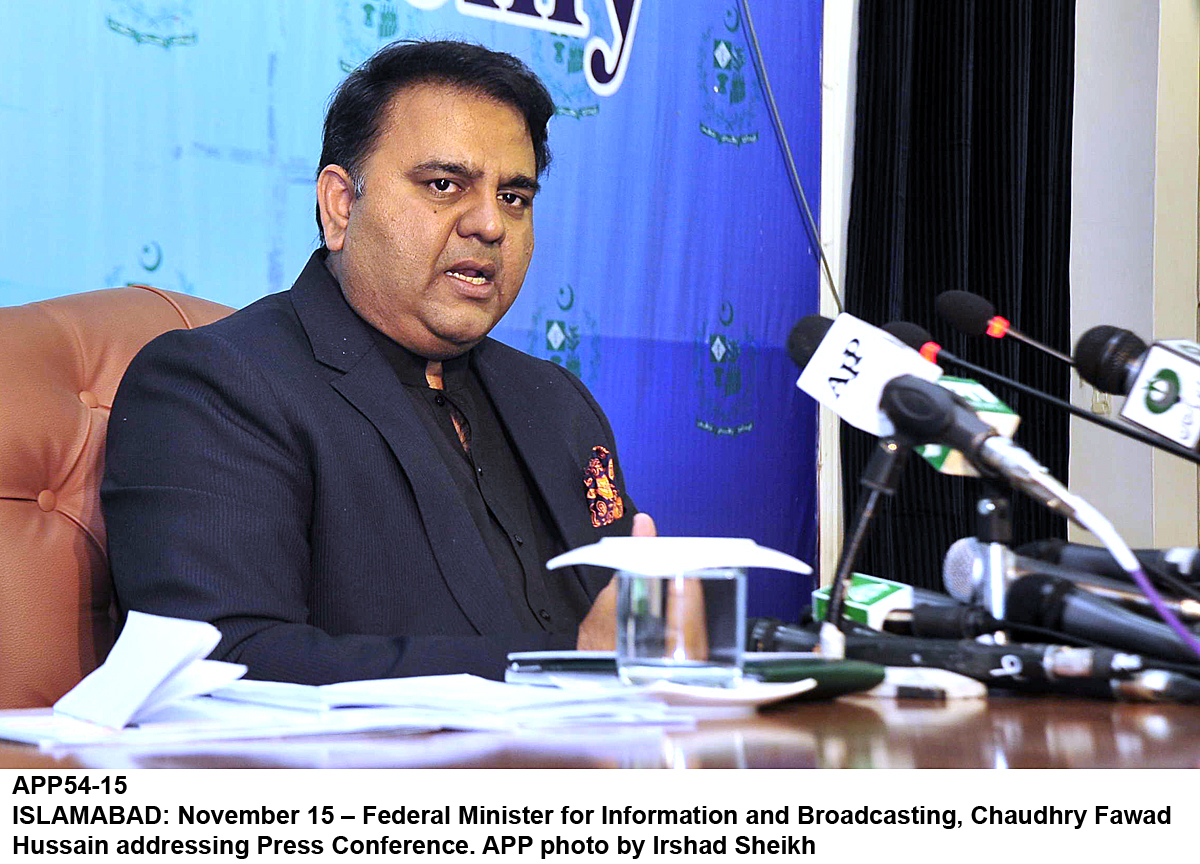With the approval of $1.38 billion under the Rapid Financing Instrument to address the economic impact of the COVID-19 shock, the International Monetary Fund’s (IMF) Executive Board in its staff report has said that the near-term outlook of Pakistan is deteriorating sharply.
In view of unprecedented health and economic shocks from the rapid propagation of the COVID-19 outbreak, the fund has swiftly put in place measures to contain the impact of the shock and support economic activity by increasing public health spending and strengthening social support which are crucial in this time to mitigate the impact of COVID-19 shock on a vulnerable population.
Besides, the Fund has trimmed down all its macroeconomic forecasts for the next three years including reducing GDP growth and tax collection target, plummeting exports, remittances, investment and manufacturing, increase in the budget deficit and rising debt burden.
While uncertainty remains high, the near-term economic impact of COVID-19 is expected to be significant, giving rise to large fiscal and external financing needs. The IMF support will help to provide a backstop against the decline in international reserves and provide financing to the budget for targeted and temporary spending increases aimed at containing the pandemic and mitigating its economic impact.
The IMF remains closely engaged with the Pakistani authorities and as the impact of the COVID-19 shock subsides will resume discussions as part of the current EFF.
Following the Executive Board discussion, Mr. Geoffrey Okamoto, First Deputy Managing Director and Acting Chair, made the following statement:
“The outbreak of Covid-19 is having a significant impact on the Pakistani economy. The domestic containment measures, coupled with the global downturn, are severely affecting growth and straining external financing. This has created an urgent balance of payments need.
“In this context of heightened uncertainty, IMF emergency financing under the Rapid Financing Instrument provides strong support to the authorities’ emergency policy response, preserving fiscal space for essential health spending, shoring up confidence, and catalyzing additional donor support.












